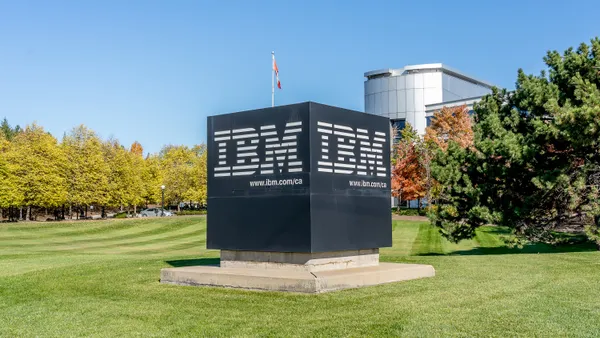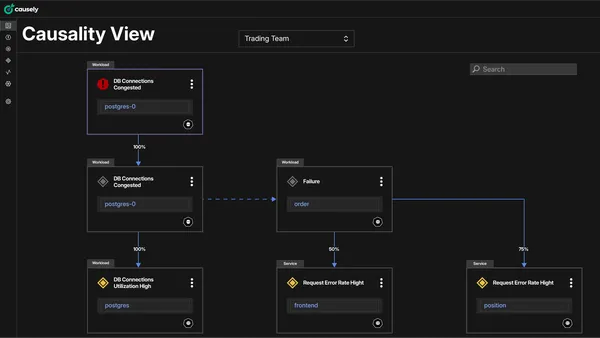Dive Brief:
- Netflix members consume more than 140 million hours of content per day, bingeing everything from the cult hit "Stranger Things" to the foodie's dream show "Chef's Table," according to Netflix's year in review stats. But Netflix's level of data visibility is particularly of note, because the organization can boil down stats on content to single users. For example, the streaming giant knows that 53 people have also watched "A Christmas Prince" every day, 18 days in a row.
To the 53 people who've watched A Christmas Prince every day for the past 18 days: Who hurt you?
— Netflix US (@netflix) December 11, 2017 - Netflix's approach to viewing data favors "consistency over availability," according to the Netflix Tech Blog. At the same time, accurate data is far more important than "stale or no data." In constructing its data platform, the company had to build for scale, allowing for analysis of billions of hours of viewing. To do so, while building the platform Netflix focused on minimum viable use cases rather than an "all-encompassing" data analysis solution.
- For Netflix, if it can accurately predict when its original content will be a hit with the audiences, it will know when to plan for similar content in the future. But data is not only applied to content-making decisions. Netflix also uses its data science team to understand medium- and long-term forecasts when planning for capacity, anticipating traffic growth and adapting for the rapidly changing ecosystem of viewing devices, according to the Netflix Tech Blog.
Dive Insight:
Perhaps it's inspiration from a recent royal engagement, but "A Christmas Prince" has in short time gained a relatively strong following with some calling it "good dumb fun" and others saying it's "so bad it's good."
Whether or not the movie is enjoyed, some were disturbed by Netflix's in-depth data analysis. On Twitter, some even called it "creepy."
— Kevin Roose (@kevinroose) December 11, 2017
Netflix's platform is an example of Big Data in action, driving decisions about what new content to create and whether or not to renew a show. But the stats Netflix recently published analyze data that exists on its platform, not information gleaned for tracking user behavior across the web.
The streaming service has created an analysis engine that other organizations should envy. Rather than allowing the data to remain idle, Netflix acts on its stats for the delight of many viewers. Perhaps "A Christmas Prince" will even see a sequel.
While some users might cry fowl over privacy concerns, the streaming service is very clear how it uses consumer information. Some users might buck at its data visibility, users to the platform will likely keep coming back, lured by the personalization and entertainment Netflix can offer.















